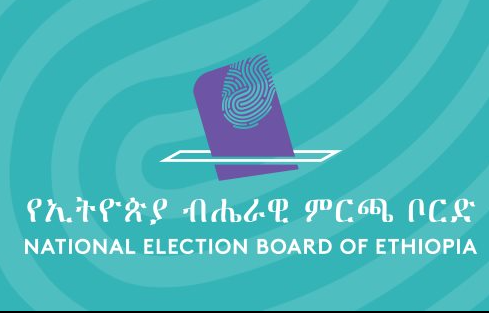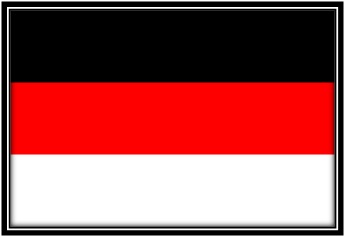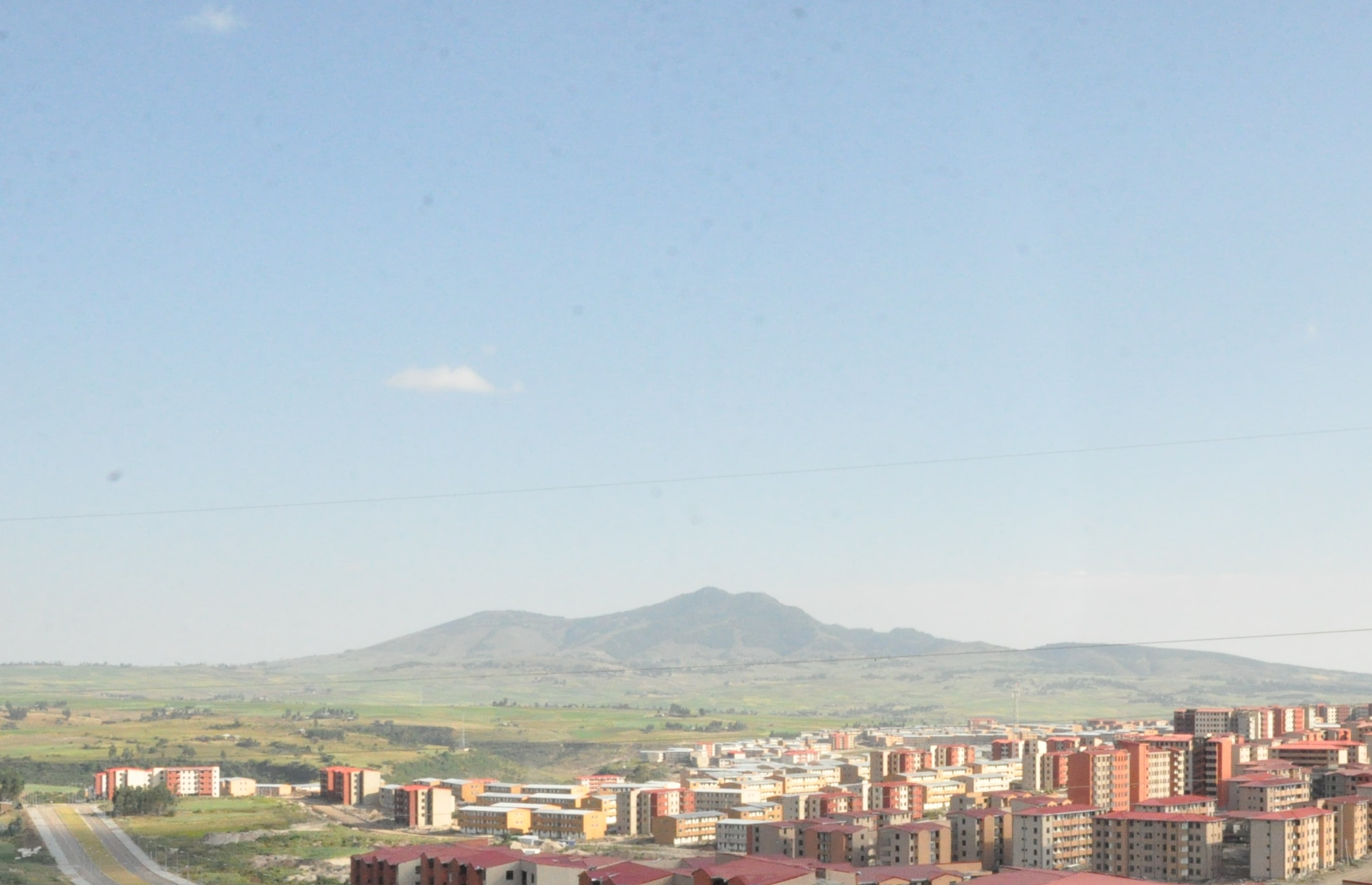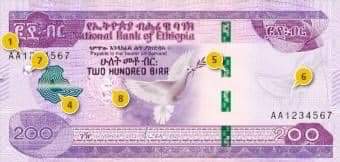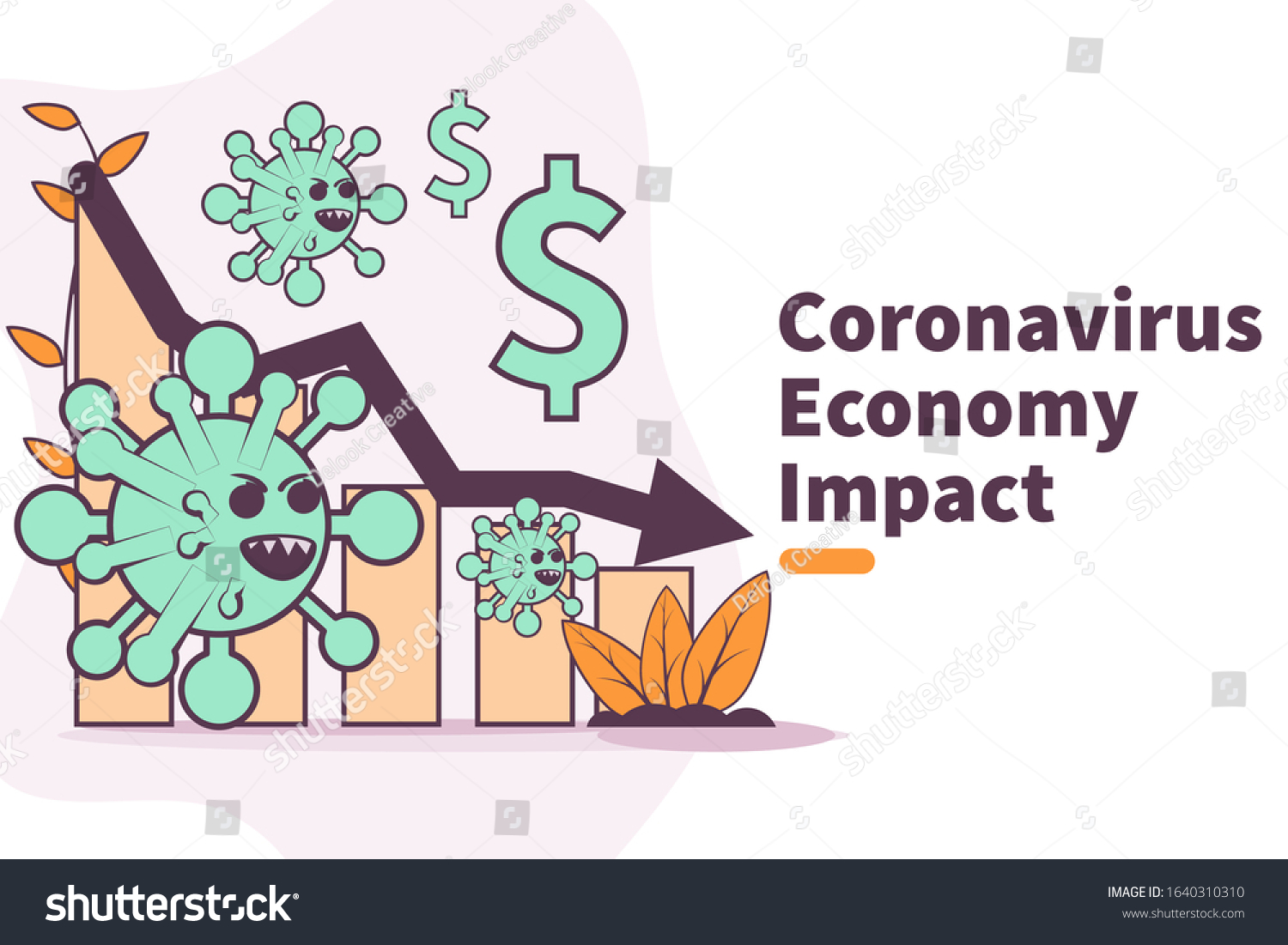Casual Remarks that Caused Consequential Damages
The Ethiopian parliament session held on October 22, 2019 will be remembered for PM Abiy Ahmed’s few remarks that has had far reaching consequences. Those explanations were made in the context of replying to questions posed by some parliamentarians. In this piece, I will focus on only two of those comments, which were proven to be highly consequential and politically damaging.
The first one was on the role of media, particularly related to media houses owned by those who happen to be Ethiopian by birth but have foreign nationality. This remark was made in such a pointed way that there was no ambiguity as to whom the PM was referring to.
What looked like a casual remark was picked up and exploited to the full by those who were bent on wreaking havoc to the on-going reform agenda. The PM may not be directly responsible for the ensuing upheaval but one cannot help establishing an indirect causation given the unfortunate events happened so soon after his remarks were made.
I started to write this piece not to apportion the blame; so I would rather touch on broader issues related to the Ethiopian diaspora and then proceed to another comment which is the focus of this piece.
The ultimatum regarding media aside, I found PM Abiy Ahmed’s comments extremely disturbing for a different reason: he was effectively telling off the Ethiopian diaspora not to meddle in Ethiopian domestic affairs! That was a rather unfortunate political statement, it hurts the feelings of the Ethiopian diaspora community members, questioning their commitments to their mother land.
Throughout human history, and increasingly in the era of globalization, people have always lived dispersed across the continents but still holding attachments to their country of births intact. One cannot be treated differently simply because s/he happen to be born in Ethiopia.
For instance, I have not heard any PM of Israel telling off the Jewish community who have always jealously guarded the interest of their country although they have lived disbursed across the continents for centuries. The case of Ethiopian community is actually different in that most have been away only for a few decades at most, and still first generation. In any event, throwing around such careless remarks would only erode trust, weaken commitments, damage political capital.
Frankly speaking, I started commenting on PM Abiy Ahmad’s rebuff on foreign nationals for the sake of completeness. Otherwise, I am motivated to write this piece primarily to express my views on another remark, related to PM Abiy Ahamed’s snub at ODP. The turmoil in response to the other remark was so much that this one seems to have been overlooked.
PM Abiy Ahmed quoted a comment by certain speaker at ODP central committee meeting, which was held a few days earlier. Apparently, the ODP central committee member had made a damning criticism of his colleagues within ODP, claiming that “most of OPD officials claim “sabbonnuma”, “Oromumma” (Oromo nationalism) only on social or broadcast media, but no ODP party official would turn up at their constituency offices to serve his or her community, and that if they turned up and provided services that would be only after receiving some bribes!”
It was this severe internal criticism that the PM Abiy Ahmed took to the parliament. I can only take this remark by PM Abiy Ahmed as a slip of tongue, that he inadvertently released content of discussion behind closed doors among ODP central committee members. I am no fan of ODP but I found it shocking that ODP chairperson announced at a federal parliament that members of his own party are so corrupt that they would not fulfill any responsibility without receiving bribes. This is extraordinary to say the least!
PM Abiy’s criticism begs another question: who is ultimately responsible for the failure of ODP then? How on earth it escaped his attention that if ODP is in such an utter mess then the buck stops with its chairperson? Obviously, the fact that he is PM of Ethiopia does not absolve him from his responsibility as chairperson of ODP itself.
I have no doubt that the frustration the ODP central committee member expressed at their meeting was a true reflection of the reality on the ground. However, the ultimate responsibility of ODP’s failure falls collectively on the members of that central committee, in fact a disproportionately larger share of the blame goes to PM Abiy Ahmed himself.
First, ODP’s chairperson has the responsibility to ensure that ODP members fulfill their duties and serve the interests of residents of Oromia. The whole thing falls apart and becomes farcical when we take into account the fact that the same party which does not accomplish a single task without bribes is preparing itself to take part in a general election which is schedules to take place in a few months.
Second, it is not just ODP officials who are not serving the interest of their constituency but the entire nation is engulfed in political euphoria, members of all EPRDF parties are fully engaged in political activities, and doing nothing else. The root cause of this utter inefficiency lies in a misplaced priority that PM Abiy Ahmed’s administration has put politics above everything else. The administration’s priorities got messed up at two levels.
It should be noted that political activity has been given undue prominence over economic activities. For instance, EPRDF has gone through two rounds of metamorphosis in just one year. The *PD*s turned to *DP’s. We thought the matter would end there but another round followed; the latest buzz being the formation EPP. Everything else has been thrown down the priority list.
If PM Abiy Ahmed’s administration has given priority to broad based economic reforms to create jobs, at least alongside sober political reforms, then citizens would have been preoccupied with production of goods and services, creation of material wealth. The engagement of citizens in economic activities would mean less time to engage in the business of conflicts, the youth would not be prone to be exploited by scrupulous political activists.
To make matters worse, even when economic reforms were given some consideration, then the administration started something that one would normally be put at the bottom of the potential priority list, spending precious time on the privatization buzz rather than broad reform agenda that would affect the livelihoods of millions of households. It may help to illustrate what I mean by broad based economic reform.
For instance, in rare occasions when journalists bother to step out of Addis Ababa and talk to farmers, we keep hearing complaints by farmers about unfair price or untimely supply of fertilizer. As far as I am aware, there has been no bold steps taken to improve situations related to import and distribute fertilizer to farming households.
It is clear that the business of importing fertilizer and distributing it to farmers has been a monopoly of crony businesses. Those businesses were interested more in protecting their own margins than serving farming households or improving conditions of the country’s food security. Reforming this sector would not take time, it is one of those straightforward cases of economic reform.
The case of fertilizer is just an illustration, otherwise, there are a number of similar broad economic policy reforms that PM Abiy Ahmed’s administration would have targeted to engage the Ethiopian workforce in productive activities, change their livelihoods and contribute to national Economic development.
In an overall scheme of things, there is nothing surprising that the party officials disregarded their responsibilities. It is a culture that has prevailed throughout the EPRDF era. Removing the culture of corruption was precisely what PM Abiy Ahmad’s reform agenda was entrusted with.
In What is happening to EPRDF’s developmental state?, there is a section I labelled as a “costly loyalty card” by which I meant PM Abiy Ahmed cannot have it both ways: either he lives with inefficiency and failures that comes with embracing inept and corrupt party members or he gets bold to get rid of mediocre party members and bring in experts and professionals in his government. This could be a tough choice, given the penalties and rewards involved in each choice, but it should be clear one cannot have and eat one’s cake at the same time.
I end this piece by referring to yet another remark by PM Abiy Ahmed, this time in his speech at the inauguration of the revamped palace. It was in Amharic and he said, ያልገባቸው ይተቹናል, literally, those who cannot understand us keep criticizing us. I was deflated when I heard this line because it came across as an outright dismissal of any criticism, leaving no room even for constructive criticisms.
Regardless, I still worry that perhaps PM Abiy Ahmed is surrounded only by yes men, with no one offering the slightest hint about what things he would need to improve on, perhaps no direct feedbacks even after remarks like the ones uttered during the last session at the Ethiopian parliament. Surely, somebody has to say something at some point. So I dared to break the ice. Hopefully this will be taken for what it is: a constructive criticism.


